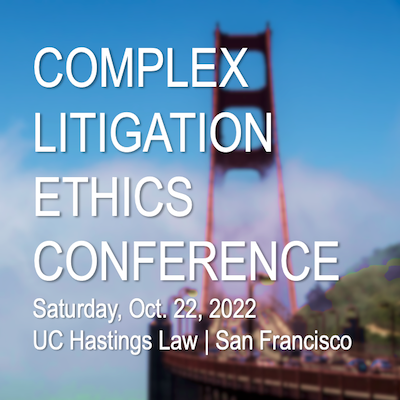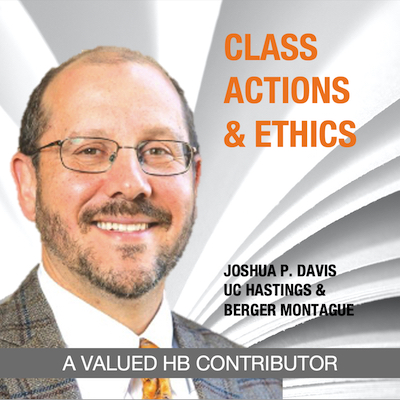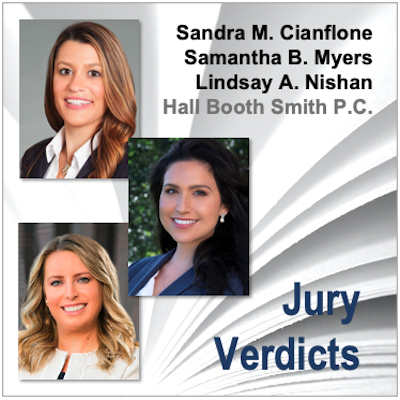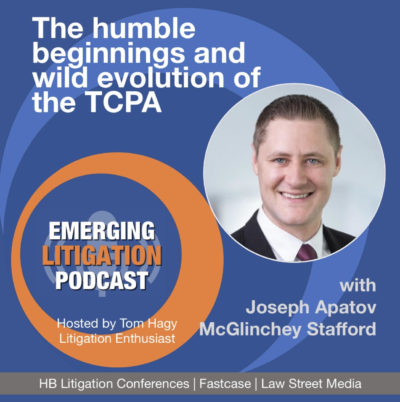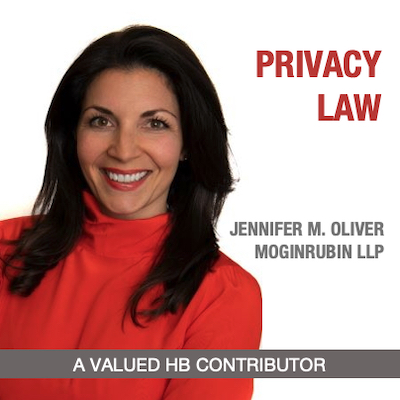Legal Issues With Blockchain in Banking and Fintech: Implementing New Applications | 5.24.2023
Legal Issues With Blockchain in Banking and Fintech: Implementing New Applications Leveraging DLT Platforms for Recordkeeping, Payments, KYC, and More; Concerns With Regulation, Privacy, Adaptation DLT is widely considered to be a disruptive force in the banking and financial services industries. Through a decentralized, peer-to-peer networked database, transactions are verified, monitored, and enforced without a third-party intermediary, reducing costs and providing real-time information to network participants. The best known use of blockchain is bitcoin, but banks and fintech companies are using DLT platforms for other purposes, including account records, trading and financial transactions, KYC protocols, and loan and payment processing. DLT is inherently more secure and less susceptible to fraud than centralized platforms, but there are challenges to implementing DLT. Counsel will need an understanding of the technology as well as the legal ramifications of blockchain, including concerns with privacy, integration into existing systems, regulatory uncertainty, and scalability. Listen as our authoritative panel discusses the potential applications of blockchain technology and its advantages over centralized platforms concerning authentication, data security, and cost-efficiency. The panel will also address the legal and logistical issues to consider in implementing DLT. Michael C. Egan Partner Cooley Rebecca J. Simmons Partner Sullivan & Cromwell CLE Live Webinar 90-minute premium CLE video webinar with interactive Q&A Wednesday, May 24, 2023 1:00pm-2:30pm EDT | 10:00am-11:30am [...]


